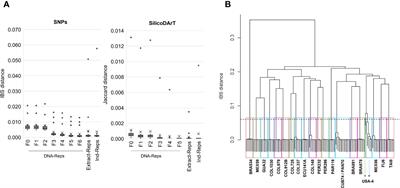EDITORIAL
Published on 07 Aug 2024
Editorial: Advances in conservation and utilization of plant genetic resources
doi 10.3389/fpls.2024.1468904
- 940 views
10k
Total downloads
41k
Total views and downloads
You will be redirected to our submission process.
EDITORIAL
Published on 07 Aug 2024
ORIGINAL RESEARCH
Published on 11 Jul 2024
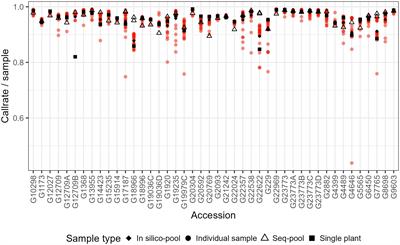
ORIGINAL RESEARCH
Published on 24 Apr 2024
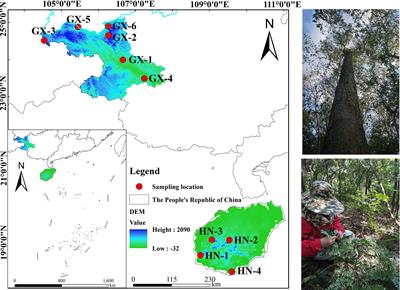
ORIGINAL RESEARCH
Published on 19 Apr 2024

ORIGINAL RESEARCH
Published on 19 Apr 2024
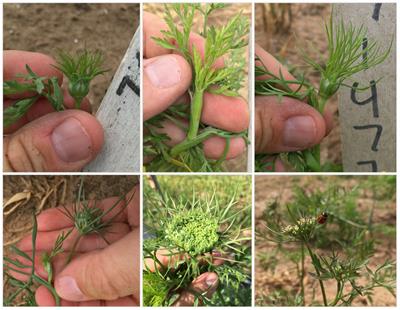
ORIGINAL RESEARCH
Published on 03 Apr 2024
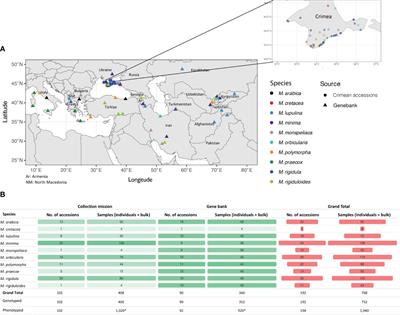
ORIGINAL RESEARCH
Published on 20 Mar 2024
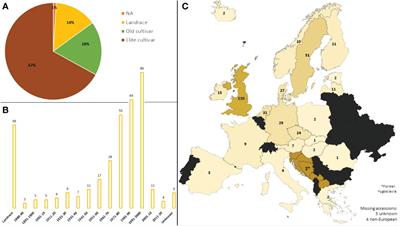
ORIGINAL RESEARCH
Published on 11 Mar 2024
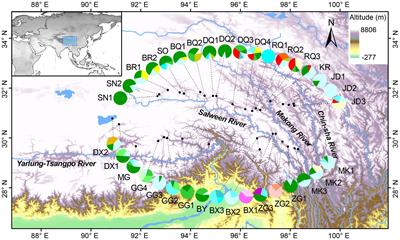
ORIGINAL RESEARCH
Published on 06 Mar 2024
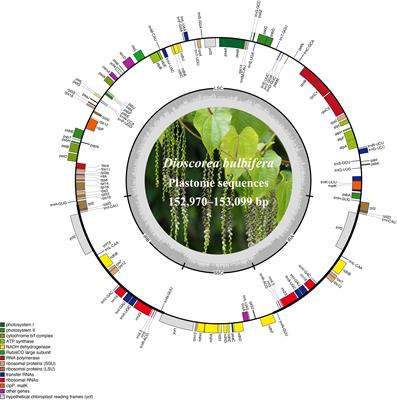
ORIGINAL RESEARCH
Published on 05 Mar 2024
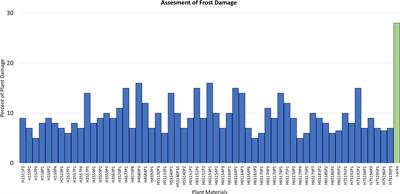
ORIGINAL RESEARCH
Published on 22 Feb 2024

ORIGINAL RESEARCH
Published on 18 Jan 2024
